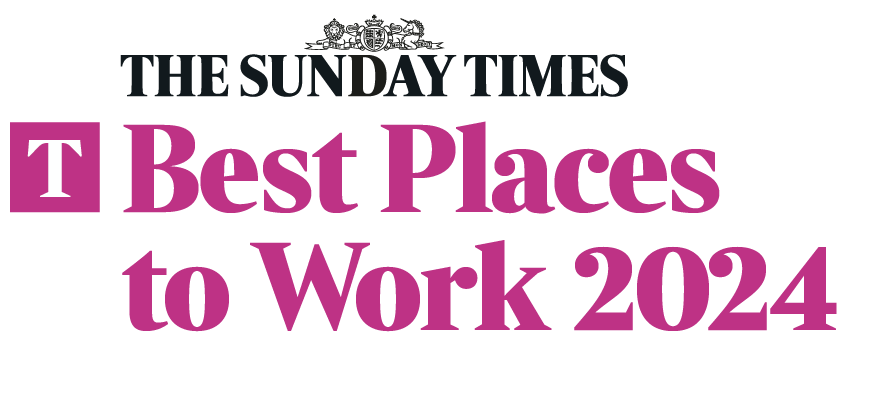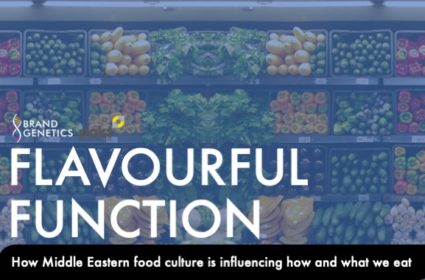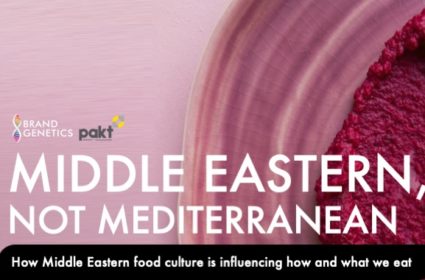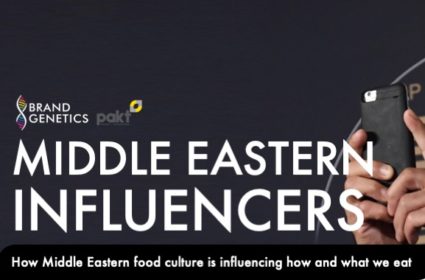Happily Halal

This article is part of our series on Market Insight: Middle Eastern food. You can view the full series or download the report.
Download ReportMiddle Eastern cuisine is increasingly influencing not just what, but also how we eat. While its dishes and tastes are becoming more widespread in the Western world, evidence suggests this is just the beginning.
Our latest report provides a cross-cultural viewpoint as to how this Middle Eastern influence is growing and identifies 5 key trends set to shape the future of global food culture and what this means for brands and their managers.
This week we explore our third trend, the rise of Halal, and explore how this fulfils consumers’ increasing demands for authenticity, transparency and clear proof of a brand’s values.
Week 3: Happily Halal
You do not have to wind the clock back too many years to remember a time when mainstream western consumers had a notable misstrust of halal produce. It was seen as a cultural niche and faced resistance in many areas. Yet in 2019 the story is different, and Halal is forecast to become a US1 trillion-dollar global industry by 2020.
As a result of recent well-documented food scandals, buyers are increasingly seeking transparency, authenticity and proven source in the things they buy. In turn, consumers are becoming better educated, dispelling misjudgements of the past, and the Halal ethical code of conduct (which tangibly guarantees certain standards) is rising in popularity.
With a wholesome diet of plants, legumes, seeds and vegetables creating an inherently natural and healthy perception that instils trust in consumers, Middle Eastern foods are consistently putting themselves at the heart of this disruption. Building off a Halal foundation, brands from this region are credibly demonstrating a commitment to suitability and transparency which is proving incredibly attractive far beyond the boundaries of faith.
So What?
With 57% of consumers either buying or boycotting brands based on their corporate values in 2017 it is time to take a serious look at your ethical code of conduct.
Managers should look to explore how you might build greater transparency and trust by adopting ethical practices such as those enshrined in the principles of Halal or Kosher. Moreover, finding ways to clearly communicate and give credibility to standards (such as with recognised schemes) will be key.
Brand Example: Saffron Road
Saffron Road was the first halal product to be sold nationally in all Whole Foods stores and can now be found at 20,000 other retail food stores in the USA. Since then it has become the fastest growing natural frozen food brand, as well as a leading natural snack brand.
Founded by serial entrepreneur Adnan Durrani the brand tapped into the latent demand growing in niche markets for superior, better-for-you food options. As these needs become mainstream Saffron Roads has continued to utilise halal principles to deliver products that champion credible and transparent ethical codes: being better for the environment, better for the farmers, better for the animals, better for your health – and most of all, being better tasting. In the words of their CEO proving that “this is not just a fad. This is actually a big shift in consumer behaviour.”
Download your copy of the report now and if you are interested in how to find the human future of the food market get in touch.




